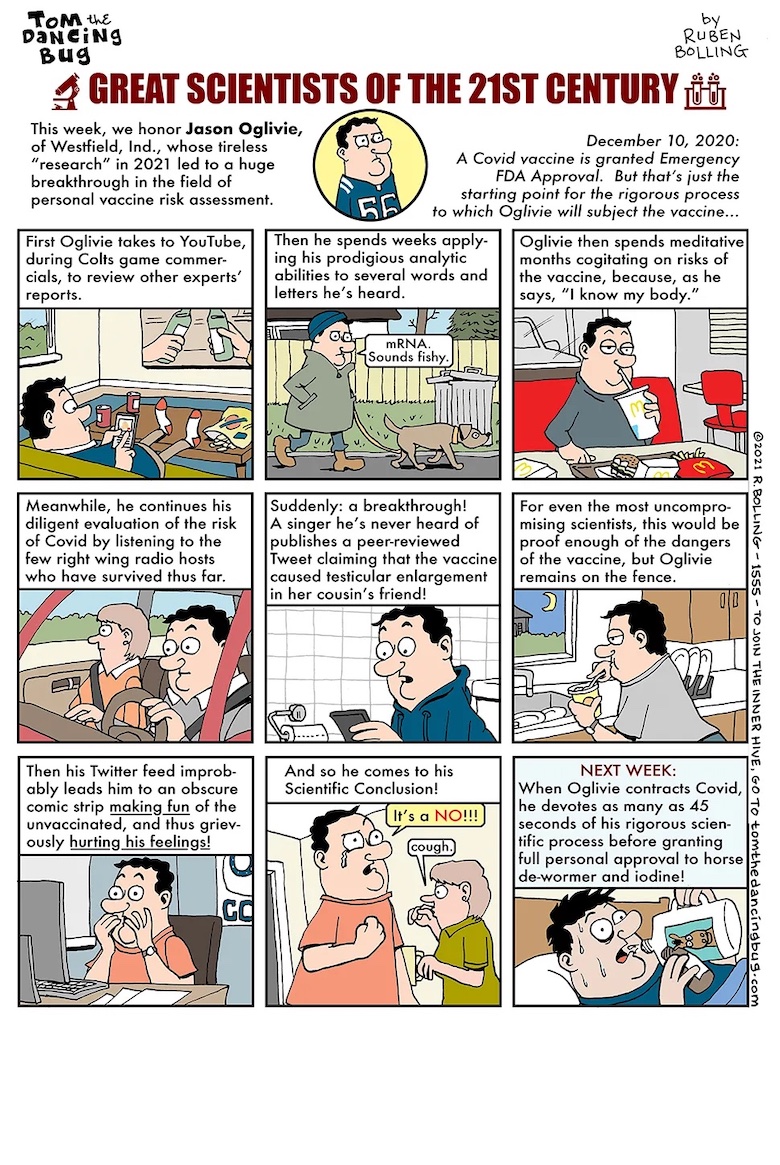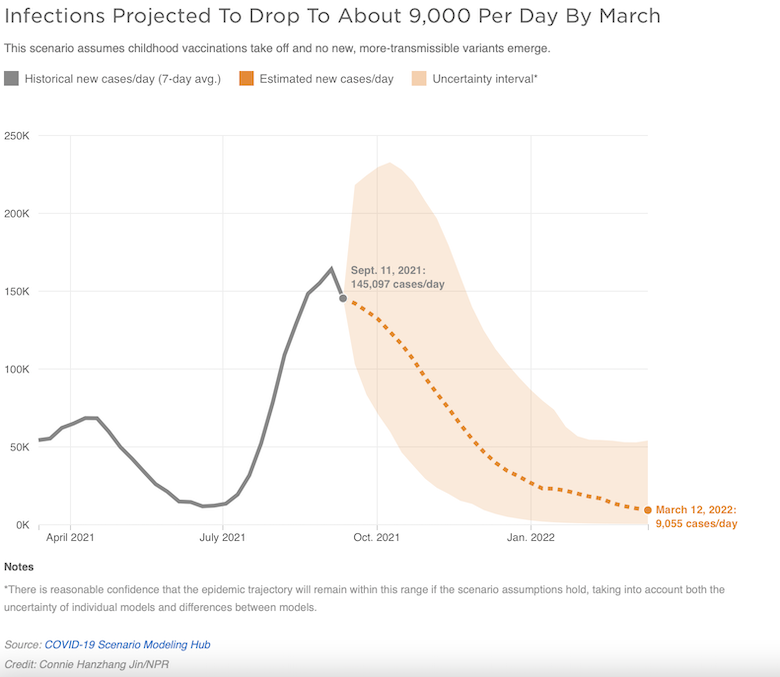Watch as 67-year old Joe McCarron, hospitalized with Covid-19 in Ireland, is urged by a fanatical anti-vaxxer and covid-denier to check himself out of the hospital while a doctor calmly, kindly, and patiently explains why that would not be a good idea for someone in his condition and urges him to stay, saying that he was very ill and could die if he went home. But the person with McCarron badgered him to leave and he finally acquiesced. Two days later, he was back in the hospital with breathing problems and subsequently died.


